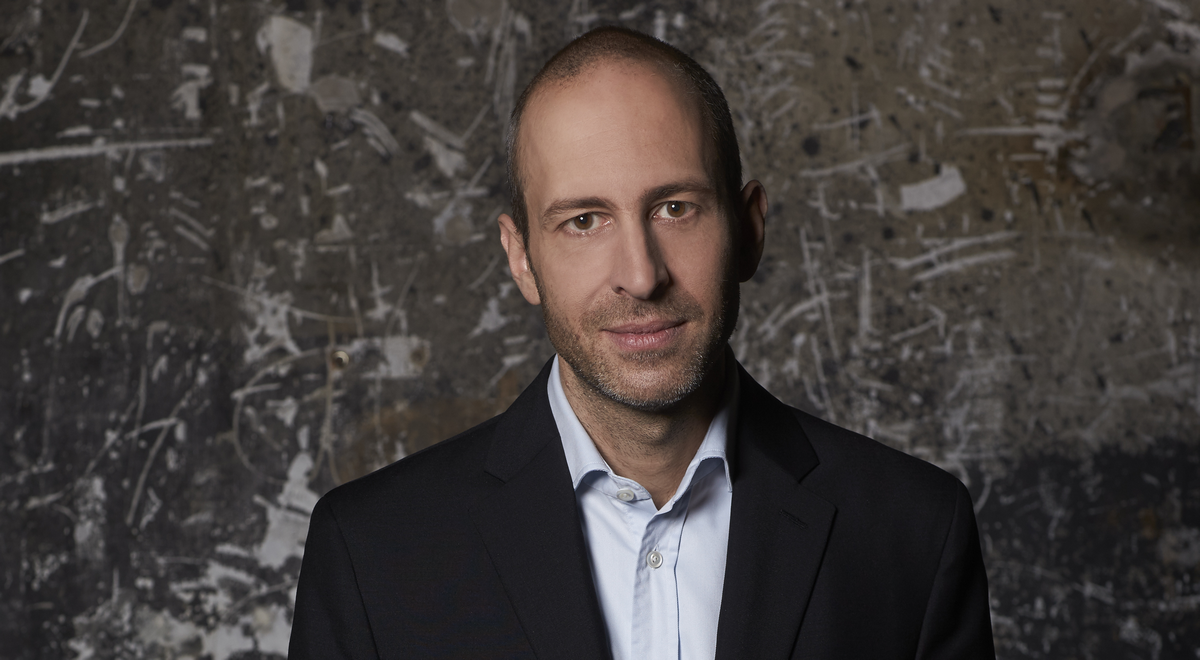
Under the banner of BREF – «First Ventures» Gebert Rüf Stiftung supports students and graduates of universities of applied sciences with coaching and up to CHF 150,000 in funding to enable them to establish a spin-off. We talked to programme manager Marco Vencato about entrepreneurship at these universities and the programme’s requirements.
Mr Vencato, the application deadline for the first First Ventures programme has been running for some time and is open until the end of May. What has the response been like so far?
Basically good. We have had numerous enquiries and during my visits to universities, teams introduce me to their project by pitch.
At the moment you are travelling a lot throughout Switzerland. Is entrepreneurship at Swiss universities of applied sciences (UAS) even an issue?
Absolutely. I am a little surprised at how much entrepreneurship is taking place. Many of the Master’s programmes have an entrepreneurship module.
But so far there have been only a few spin-offs. How can First Ventures change that?
The first problem is a funding gap. What is normal practice at ETH, universities or the Paul Scherrer Institute does not yet exist at UAS. First Ventures closes this funding gap. First Ventures enables students and graduates of these universities to continue working at their institution in order to start a spin-off. The salary costs are financed by First Ventures. And we also want to contribute to rethinking. A Master’s thesis should also be seen as an opportunity to start a project that can be implemented in a second step on the market.
At UAS, practical degree theses are often written in collaboration with industry, with the intellectual property belonging to the industrial partner. This excludes recovery via a spin-off. Can this be changed with First Ventures?
Collaboration between academia and business is a good thing with which we certainly do not want to interfere. First Ventures offers an alternative to university members who want to implement their own entrepreneurial project.
What type of projects have a chance of support?
The projects must be science-based and offer a business case that must be described clearly in the application. Only one of these two is not enough. In addition, the jury will also evaluate personal criteria, such as the commitment and leadership qualities of the team.
Science-based does not necessarily mean technology-based.
I agree. Here we are deliberately open. This then has implications for the business cases we are seeking – if a project enables significant savings in the public sector, this is certainly an option.
How high is the bar for business cases?
The jury ultimately decides this. We want more than just ideas from individuals; on the other hand, we do not want to fund only those projects that have the potential for an IPO. Innovative projects in interesting niche markets are also in the running. Incidentally, the programme includes customised coaching to support the teams in the development of the business side.
First Ventures’ support runs for a maximum of 18 months. What level of development should the projects have reached by the end of the programme?
Of course, this depends on the sector, but as a rule the teams should have developed a working prototype during this time. In addition, the first customers should be on the horizon.
Submission deadlines for First Ventures: 1 June 2018 and 15 November 2018. Further information on the Webseite of the Gebert Rüf Stiftung.























































Please login or sign up to comment.
Commenting guidelines